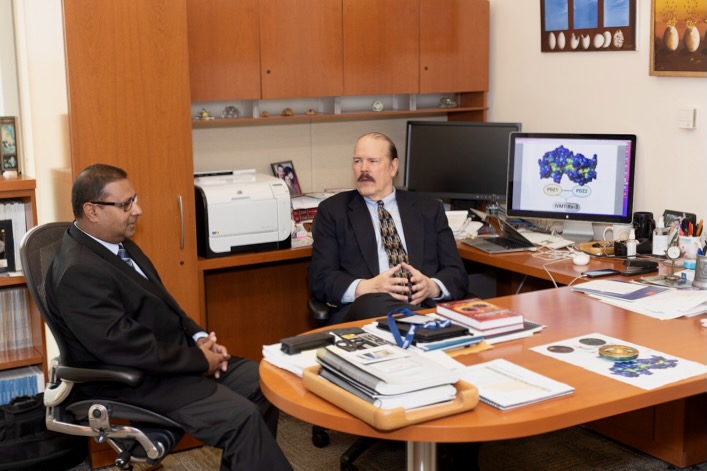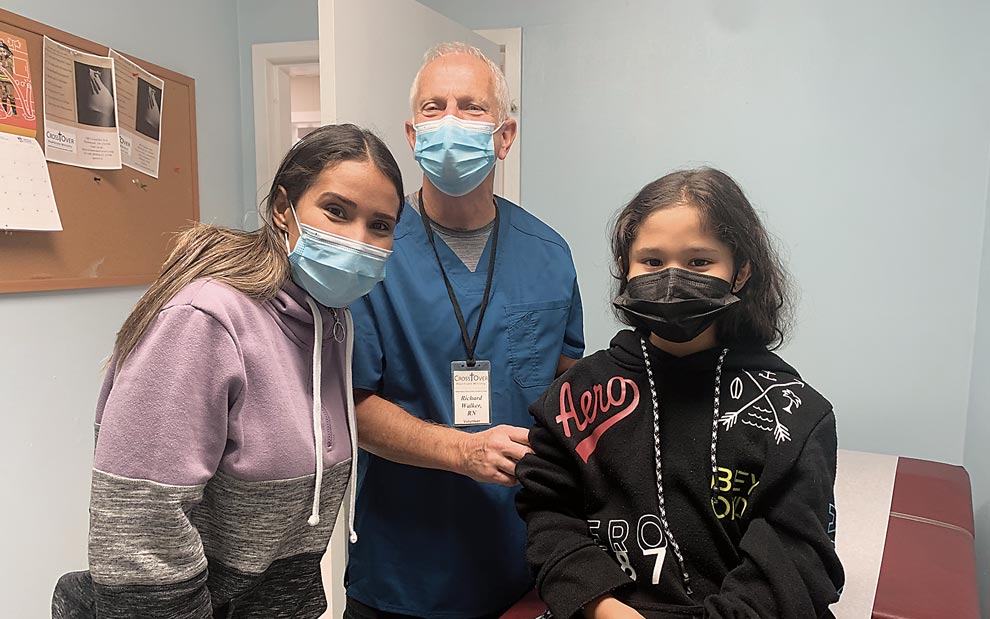If you spend any time with media, you know about advertising overload. And for men, a particular type of ad often piques interest. There are products and services that promise to make men more virile and improve one’s sex life. In some instances, a product
may be legitimate, but often not. Before you sell out your soul to businesses who might belong in the shifty category, keep reading.
Time and again in my practice, I’ve had to warn men about taking supplements or medications they’ve ordered online or over the phone. I get it – a trip to the doctor isn’t always high on your list of priorities. It can be tempting to order testosterone supplements or steroids and get them shipped directly to your house, especially when the products are marketed as “safe” or “natural.” It can’t hurt, right? That’s where you’re wrong.
Taking any medication or supplement has risks. A variety of supplements are sold over the counter and claim to naturally boost testosterone levels. But just because they are readily available for purchase doesn’t necessarily mean they are safe. In fact, some of these over-the-counter products can negatively impact blood pressure, interact with other medications, and may cause a variety of other health issues. For example, anabolic steroids can exacerbate cardiovascular conditions, cause blood clots, impair fertility, enlarge breast tissue, shrink the scrotum, and even cause an increased risk for certain types of cancers.
One of the reasons why some men choose a roundabout (read: non-medical) way to boost testosterone is that they think these men’s wellness services are cheaper. If that sounds familiar, we’ve got good news. The majority of treatments for low testosterone are covered by health insurance. That means you can visit a medical practice, get a proper diagnosis, and get recommendations tailored to your unique situation. In addition, when you’re under the care of a board-certified physician, your progress can be clinically monitored.
Treatments to replace or boost testosterone should only come into play if it’s determined that your levels are below the normal range. Curious if you fit the bill? As men age, it is common for many to experience low testosterone (clinically referred to as hypogonadism). After the age of forty, total serum testosterone levels decrease by about a percent per year. While a decline in testosterone with age is normal, in certain circumstances it may be an indicator of underlying health concerns.
Know the symptoms of low testosterone.
The symptoms of low testosterone are categorized as sexual, psychological, and physical or metabolic. Sexual symptoms include diminished libido, erectile dysfunction, difficulty achieving orgasm, decreased genital sensation, and infertility. Psychological symptoms include diminished energy, fatigue, depressed mood, impaired cognition, reduced motivation, and a diminished sense of vitality or well-being. Physical symptoms include decreased bone mineral density, decreased muscle mass and strength, increased body fat, reduced testicular size, anemia, and insulin resistance.
What’s behind the condition?
Age is often a precursor to low testosterone, with levels naturally tapering off once men hit forty. A variety of health conditions are also connected to low testosterone including: diabetes, metabolic syndrome, renal failure, sleep apnea, and others. In addition, toxins that enter the body from chemotherapy, radiation, pesticides, or heavy metals can also have an impact on testosterone levels. Some prescribed medications (including narcotic pain medication, steroids, ketoconazole, and spironolactone), may also interfere with the body’s testosterone levels. And finally, lifestyle choices, including excessive alcohol consumption or the use of recreational drugs including opiates or marijuana, may take a toll on testosterone levels.
How is it diagnosed?
This is part of the reason why a visit to a doctor’s office is so important. A simple blood test can determine if you have low testosterone and reveal if any other underlying conditions are at the root of the issue. In addition, your physician will take your medical history and conduct a physical exam to get a complete picture of your health. It’s important to share any symptoms you’re experiencing with your physician. Both urologists and endocrinologists are trained to treat low testosterone; there’s no need to feel embarrassed. It’s likely you’re one of several patients they’ll see in a given day with similar symptoms, so you are not alone.
Treating low testosterone.
If a patient is found to have low testosterone and is experiencing bothersome symptoms, the physician will explain the risks, benefits, and alternatives to testosterone replacement therapy. In many cases, as a first line of defense, there are options that can help
your body produce more testosterone on its own. That way, your body can eventually produce adequate testosterone without dependence on lifelong replacement.
If testosterone replacement is medically necessary, it can usually help men feel a difference within a couple of weeks. And while it isn’t an age-reversing silver bullet, proper treatment can make a difference.
Regardless of the strategy that is employed, the goal is to get an individual’s testosterone levels back in a normal range. Levels that are too high or too low can be problematic. When patients’ levels are back in a normal range, their symptoms usually recede, and they can return to their daily routine rather quickly.
The key here? Proper treatment under the supervision of a qualified physician is your best bet. It’s your health; taking shortcuts isn’t worth the risk.




